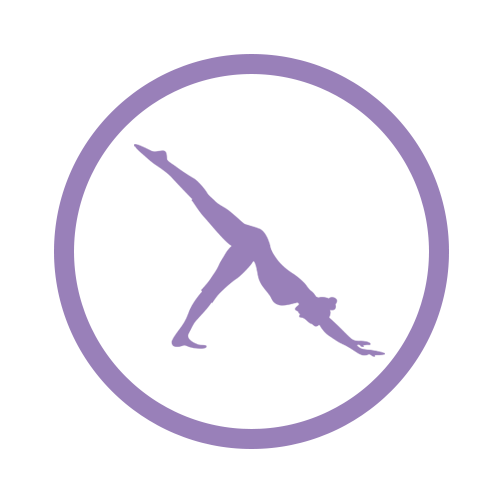Post-acute sequelae of SARS-CoV-2 associates with physical inactivity (less than 150 minutes/week of physical activity) in a cohort of COVID-19 survivors
https://www.nature.com/articles/s41598-022-26888-3
Long Covid or Post-acute Sequelae of SARS-CoV-2 Infection (PASC) is generally presented as a variety of symptoms, including but not limited to:
- Dyspnea
- Fatigue
- Insomnia
- Post traumatic stress
- Severe muscle joint pain
- Taste loss
- Smell Loss
- Depression
- Anxiety
Various studies from across the globe have already highlighted the high prevalence of Long Covid amongst SARS-CoV-2 survivors, especially after hospitalization. Also, physical inactivity is an established cause of variety of related problems. Some key potential problems are chronic fatigue, weakening of joints, poor cardio-vascular health etc.
So, it makes quite a lot of common sense to study the relation, if any, between both – Long Covid symptoms amongst SARS-CoV-2 survivors and their overall physical activity levels, or lack of it.
In the following section, we will try to simplify a similar study conducted by researchers in Brazil and its results for our readers to understand.
Physical Inactivity Definition as Per Standardized Guidelines
The research team defined physical inactivity based on standardized guidelines by WHO. Their benchmark was less than 150 min/week at moderate to vigorous levels of physical activity.
About The Study
A group of researchers from Brazil did a cohort study on SARS-CoV-2 survivors discharged from a tertiary hospital in Sao Paulo, Brazil. The time period of discharge was between March 2020 and August 2020.
These survivors were invited for consecutive follow-up visits between 6 to 11 months post hospitalization.
A total 749 eligible survivors participated in the research, out of which 614 had complete data and were hence included in the final study. The basic distribution of these 614 participants was age: 56 ± 13 years; 53% male.
For each patient, 10 symptoms of PASC or Long Covid were accessed using standardized scales as per WHO guidelines.
Frequency of physical inactivity in patients as compared to their symptoms count was as follows:
| No symptom of Long Covid | 51% |
| At least 1 symptom of Long Covid | 62% |
| 1-4 symptoms of Long Covid | 58% |
| 5 or more symptoms of Long Covid | 71% |
Study Conclusion
So overall, adjusted models showed that SARS-CoV-2 survivors with one or more persistent Long Covid (PASC) symptoms have greater odds of being physically inactive than those without any persistent symptoms.
As per the original research article:
This study suggests that PASC is associated with physical inactivity, which itself may be considered as a persistent symptom among COVID-19 survivors. Especially, severe muscle/joint pain was associated with greater odds of being physically inactive post Long Covid.
This may help in the early identification of patients who could benefit from additional interventions tailored to combat inactivity (even after treatment of PASC). This can have potentially huge beneficial impacts on overall morbidity/mortality and health systems worldwide.
Study limitations
Clearly, this study, as per the research time, is not free from the inherent challenge of cause and causation. Whether lack of physical inactivity is a cause for high prevalence of Long Covid (PASC) symptoms or is itself an essential symptom of Long Covid or both is up for debates.
O’Coach Takeaway on Risks of Physical Inactivity as Part of Lifestyle
The study emphasizes the significance of incorporating moderate to vigorous physical activity into daily life. Despite physical inactivity being a symptom rather than a cause of Long Covid, it remains a recognized mortality factor.
So as anybody can calculate, having a better base of physical activity and hence better strength and mobility in your body will help mitigate to some extent the after effects of Long Covid. This is especially true for improving severe muscle/joint pains as well as overall cardio-respiratory health.
Emphasizing a gradual return to an active lifestyle after Covid is crucial to counter long-term risks linked with physical inactivity.




